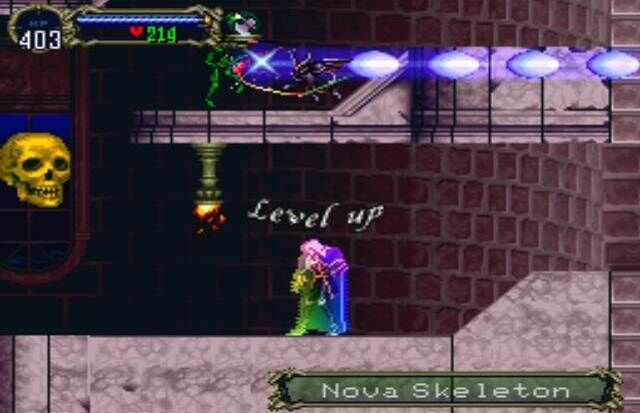I know. It’s a question so stupid even a child wouldn’t ask it. I’ve never once before questioned this unwritten law of gaming, dating back to tabletop RPGs. But now I can’t un-ask it: why do so many games make it so that it’s harder to level up as you progress?
Leveling up, and the dopamine hit it gives, is one of the most satisfying bits of gaming. What benefit is there to the player and the designer of being so miserly with levels?
I’m genuinely interested in the thoughts of other nerds on this. My own reflections:
*it means we need fewer levels
*and this means fewer bits of tailoring and tweaking
*and back in the days of tabletop, it meant less content, shorter guides, and simply less stuff to print and keep track of
*maybe it makes later levels feel more satisfying?
what home does this design have a home in modern gaming? Particularly in the great Attention Economy in which we live?
Putting another spin on it: wouldn’t it be more ethical to give people a dopamine hit with the game, than in the cynical and behavioural-manipulative way that BattlePasses work (e.g., play the game with an SMG even though you hate SMGs)?
